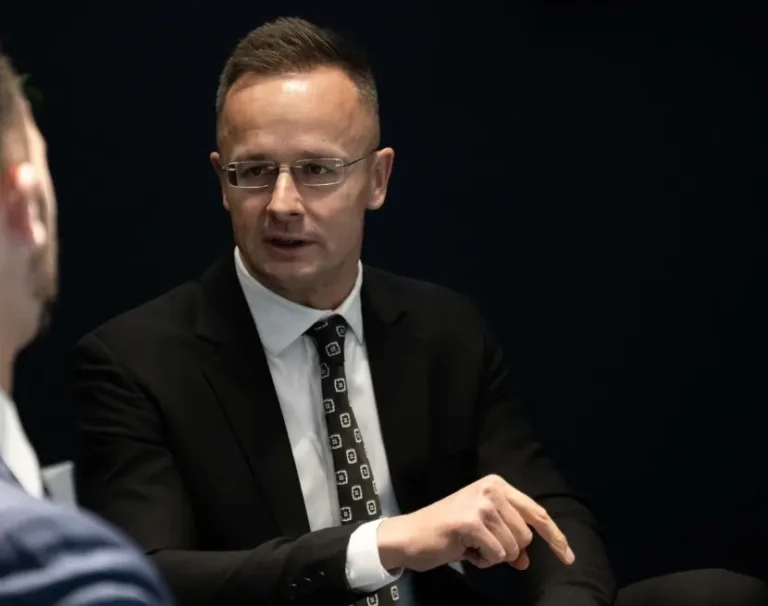Hungary
Hungarian forint to surge higher and higher against the euro and dollar

CCTV cameras could be installed on every Budapest bridge after recent tragedies

FM Szijjártó: Ukraine supporting the Tisza Party with aggressive interference campaign

Top Hungary news: Orbán’s grand strategy, new pizza brand, arms deals, PM Fico’s asylum in Hungary – 27 January, 2026

Slovak PM Fico would have fled to Hungary, Péter Magyar claims – here’s Fico’s remark

New global pizza brand arrives in Hungary: Dodo Pizza to open its first restaurant in Budapest

Lots of new homes will be built in Budapest, reshaping the housing market

Hungarian prank party adorns Budapest gypsy musicians’ memorial with toilet brushes after minister’s scandalous remarks – photos

Documentary on Hungarian chess genius Judit Polgár premieres at US film festival and arrives on Netflix this week

Brother of Hungary’s Viktor Orbán pursued foreign arms deals with Russian-linked former spy – photos

Police scramble after drone spotted near Budapest Airport – video, photo

Orbán’s grand strategy until 2040: Drawing Western European Christians en masse to Hungary

Orbán opens new front with EU over Russian gas

Sensational discovery: Remains of a medieval church found near Esztergom, Hungary – photos

Hungarian university ranks among world’s top 200

Top Hungary news: Airbnb ban, Tisza Party’s new foreign policy, Wizz Air, mask-wearing, Palestinian students – 26 January, 2026

Has Hungary forgotten its Palestinian students trapped in war-torn Gaza?

Péter Magyar: János Lázár to be Fidesz prime ministerial candidate in place of PM Orbán





 ZH
ZH IT
IT DE
DE HR
HR NL
NL FR
FR JA
JA RO
RO RU
RU ES
ES TR
TR
